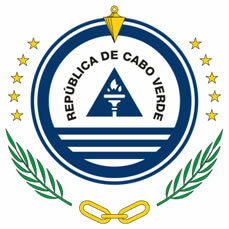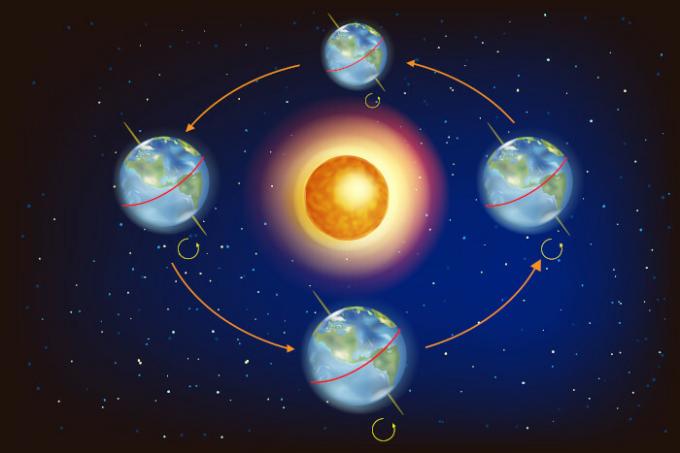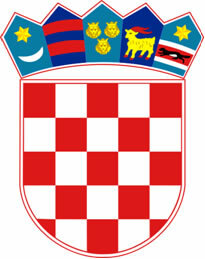Located in the equatorial zone of the Atlantic Ocean, on the African continent, 500 kilometers off the coast of Senegal, Cape Verde is an archipelago formed by ten islands of volcanic origin. The country was a Portuguese colony and after four centuries of intense exploration, the original vegetation has practically disappeared. Its independence was only obtained in 1975.
São Tiago is the largest island in Cape Verde, concentrating approximately 50% of the population. The long periods of drought, combined with the aridity of the territory, hinder the development of agriculture in the country. During the 20th century, food shortages were responsible for the death of more than 200,000 people.
Currently, 85% of the food consumed by the population is imported, the country also depends on external economic aid and money sent by emigrants to their families. There are more Cape Verdeans living abroad than in the archipelago.
The main economic activity developed in Cape Verde is agriculture, based on the cultivation of bananas, sugar cane, tropical fruits, beans, sweet potatoes and cassava. The industrial sector is based on the manufacture of brandy, clothing and shoes.
Tourism has proven to be an important activity for the national economy, the main destinations being Ilha do Sal and Ilha Boa Vista.
Do not stop now... There's more after the advertising ;)

Cape Verde Coat of Arms
Cape Verde data:
Territorial extension: 4,033 km².
Location: Africa.
Capital: City of Beach.
Tropical weather.
Government: Parliamentary Republic.
Administrative division: 10 islands and 14 counties.
Portuguese language.
Religion: Christianity 95.1% (87.4% Catholics, others 7.7%), others 4.1%, no religion and atheism 0.8%.
Population: 505,606 inhabitants. (men: 241,723; women: 263,883).
Ethnic Composition: Creoles 71%, indigenous ethnic groups 28%, Iberian Europeans 1%.
Demographic density: 125 inhabitants/km².
Average annual population growth rate: 1.4%.
Population residing in urban areas: 60.38%.
Population residing in rural areas: 39.62%.
Life expectancy at birth: 65 years.
Human Development Index (HDI): 0.534 (average).
Currency: Cape Verdean Escudo.
Gross Domestic Product (GDP): US$1,426 million.
GDP per capita: 2,689 US$.
External relations: World Bank, IMF, UN, AU.
By Wagner de Cerqueira and Francisco
Graduated in Geography
Brazil School Team
countries - geography - Brazil School
Would you like to reference this text in a school or academic work? Look:
FRANCISCO, Wagner de Cerqueira and. "Cape Green "; Brazil School. Available in: https://brasilescola.uol.com.br/geografia/cabo-verde.htm. Accessed on June 28, 2021.



